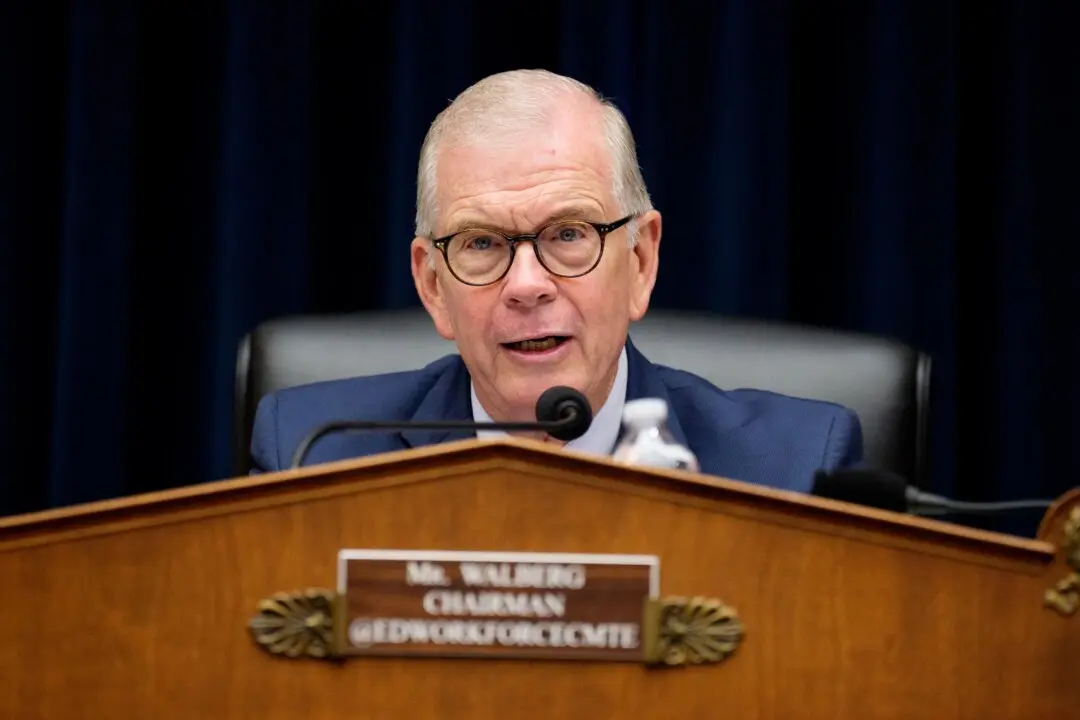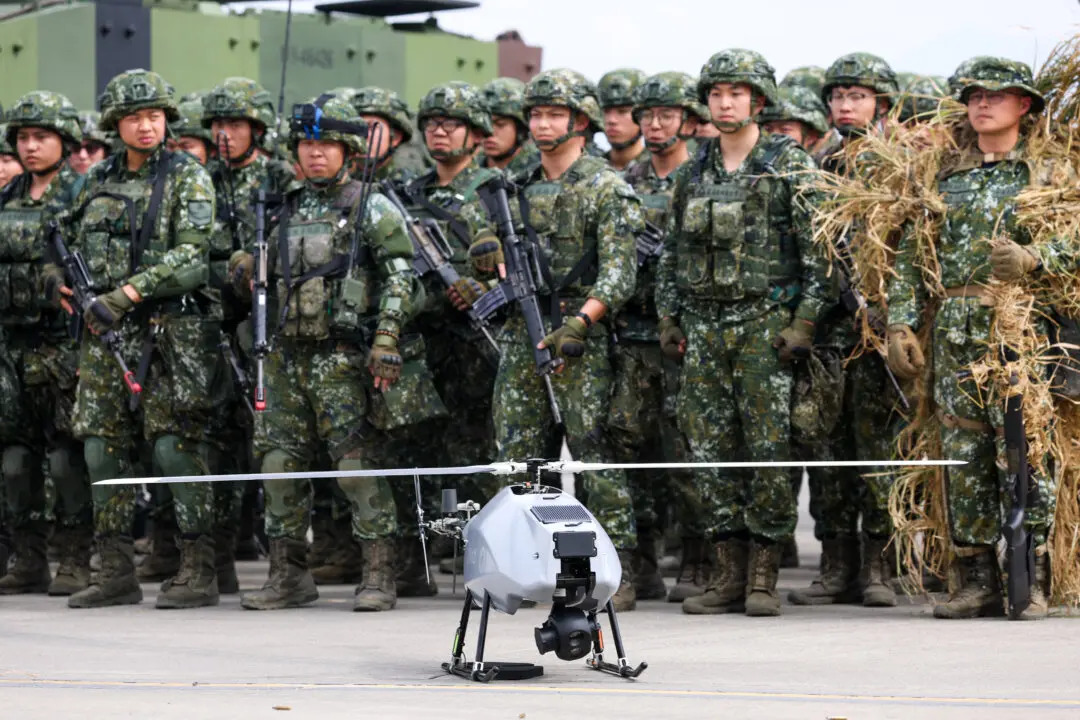China’s state policies for aggressively building up its pharmaceutical sector have resulted in the United States becoming heavily dependent on Chinese drug imports.
U.S. experts recently voiced alarm about China’s rise in becoming one of the world’s largest suppliers of active pharmaceutical ingredients (API), which are individual components within drugs that give therapeutic effects.
“As of August 2019, only 28 percent of the manufacturing facilities making APIs to supply the U.S. market were in our country,” said Janet Woodcock, director of the Center for Drug Evaluation and Research at the Food and Drug Administration (FDA), during a congressional hearing on Oct. 30.
“By contrast, the remaining 72 percent of the API manufacturers supplying the U.S. market were overseas.”
Within the global market, 13 percent of API facilities are found in China. She said that while the current number of Chinese API facilities is still smaller than the United States’ (at 28 percent of the global market), the number has increased during the past decade “as part of a massive movement of pharmaceutical production offshore.”
China’s State Policies
China has emerged as a key API supplier by driving its biotechnology development through state policies, including “Made in China 2025” and the 13th Five-Year Plan (2016–2020), according to another witness at the hearing, Michael R. Wessel, a commissioner at the U.S.–China Economic and Security Review Commission (USCC).
“China has supported its chemical and pharmaceutical sector, driving out of many U.S. lines of production, or out of business altogether,” Wessel said.
For example, the United States is no longer making penicillin, after its last penicillin fermentation plant in Syracuse, New York, closed down in 2004.
Additionally, he said, Beijing is “luring top U.S. researchers to work for its companies” through state recruitment programs including Thousand Talents in order to “meet the goals of the Chinese Communist Party’s plans.”
The Thousand Talents program has recently received heightened scrutiny from U.S. authorities due to several program participants being charged or convicted of stealing intellectual property from U.S. entities to transfer to China.
In hopes of entering China’s restrictive health care market, Wessel said U.S. health-related companies have stepped up their investments in China, which has led to “further erosion of productive capabilities here in the United States, as well as the migration of research and development to China.”
U.S. drugmaker Pfizer opened the global headquarters for its generic division in Shanghai in May, according to Chinese state-run media. In August, U.S. biotech company Thermo Fisher Scientific announced that it will set up a new production base in Suzhou City in eastern China’s Jiangsu Province.
“China could weaponize its position in the supply chains to our disadvantage and peril,” Wessel said.





